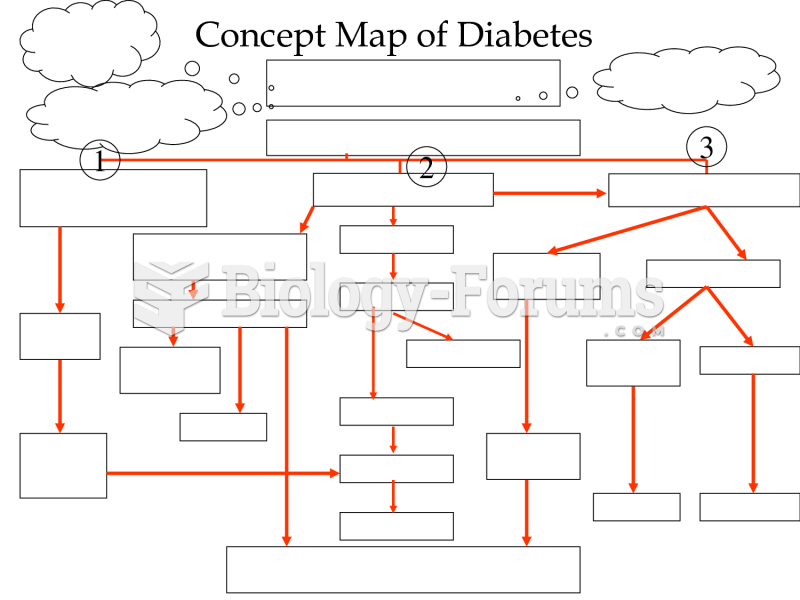|
|
|
About 600,000 particles of skin are shed every hour by each human. If you live to age 70 years, you have shed 105 pounds of dead skin.
On average, someone in the United States has a stroke about every 40 seconds. This is about 795,000 people per year.
Increased intake of vitamin D has been shown to reduce fractures up to 25% in older people.
Eat fiber! A diet high in fiber can help lower cholesterol levels by as much as 10%.
Pink eye is a term that refers to conjunctivitis, which is inflammation of the thin, clear membrane (conjunctiva) over the white part of the eye (sclera). It may be triggered by a virus, bacteria, or foreign body in the eye. Antibiotic eye drops alleviate bacterial conjunctivitis, and antihistamine allergy pills or eye drops help control allergic conjunctivitis symptoms.







